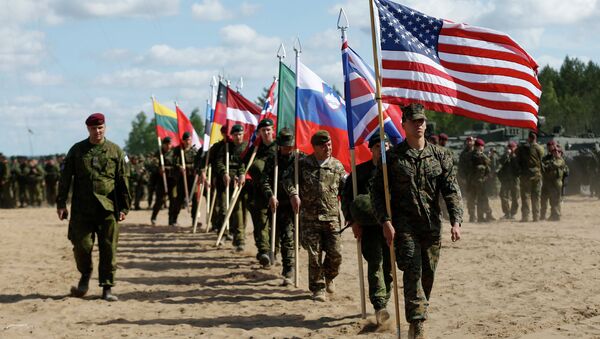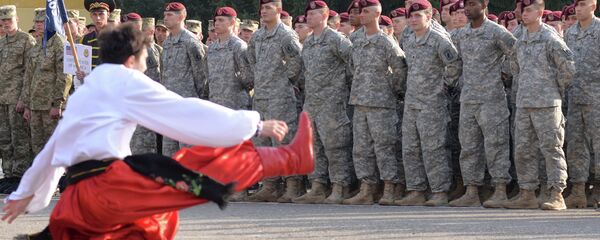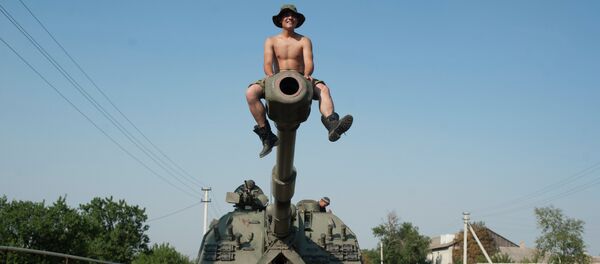NATO's Supreme Allied Commander Transformation, Gen. Jean-Paul Palomeros, during a recent visit to the Czech Republic, stated that the country's defense budget was too small. He said that the country allocates about 1 percent of its GDP on its military, despite the legal obligation of NATO members to spend at least 2 percent of the country's GDP on defense.
"NATO officials have been visiting the alliance's member states for several years, trying to persuade them to increase defense spending… After they unleashed the Ukrainian crisis and created an atmosphere of fear in Europe over the possibility of an armed conflict, they have succeeded. They have seriously worsened relations in Europe and slowed its development," Alexander Cerny said.
"The Czech army has paid for this [NATO] policy with losing a number of important capabilities needed to ensure country's defense efficiency," he added.
The Czech official noted that the country's military priority in recent years has been army operations in Afghanistan, causing a dramatic increase of the army's domestic debt to 100 billion Czech crowns [$4 billion], twice that of the annual budget of the Czech Defense Ministry.
In 2014, NATO began increasing its military presence in Europe, particularly in the Eastern European countries bordering Russia, citing Moscow’s alleged interference in the Ukrainian crisis.
Russia has repeatedly denied involvement in Ukraine's internal crisis and has expressed concern over NATO buildup along its western border, stressing that it is a destabilizing agent for both the region and the world.




